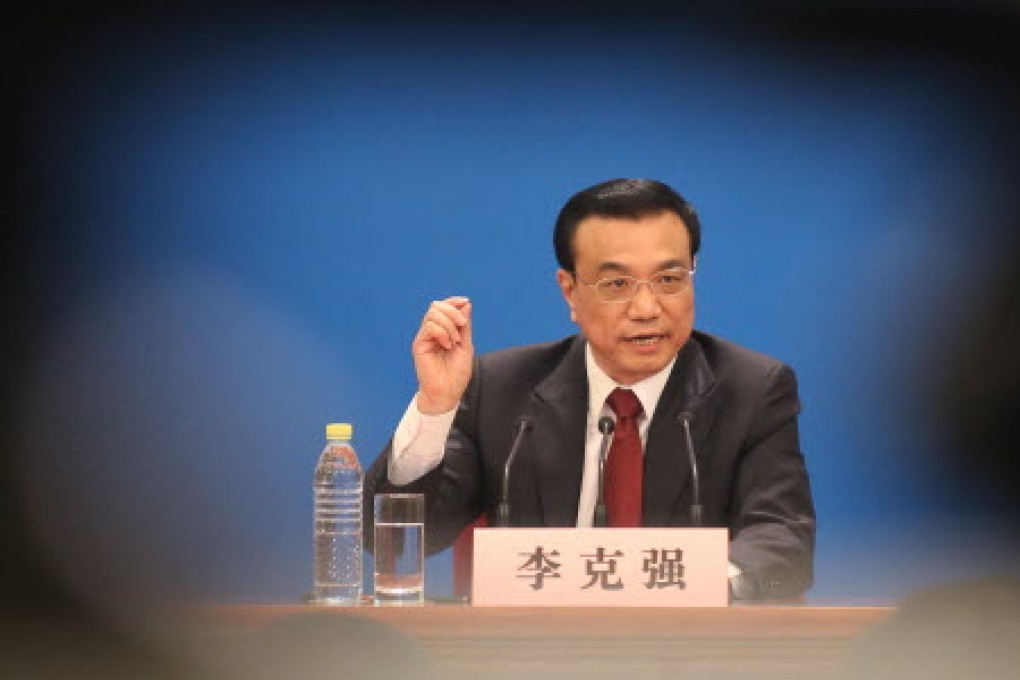China's need to reform its financial system is growing urgent
Beijing's decision to audit local government debt may be week-old news, but it won't be the last time moves to curb regional excesses will make headlines.

Beijing's decision to audit local government debt may be week-old news, but it won't be the last time moves to curb regional excesses will make headlines. It says something about the scale and opacity of uncontrolled and illegal borrowing from the shadow banking system that the central government doesn't know how much local governments owe. Premier Li Keqiang's effort to rein in financial imbalances could mean pain and sacrifice of growth in the short term for longer-term stability. In this he would be following in the footsteps of a predecessor, Zhu Rongji , who took hard decisions in the 1990s to stop the economy overheating and ensure sustainable growth. The difference is that Li faces an unknown quantity in a massively over-leveraged shadow banking system that has connections to state banks. The government has the reserves to bail out the banking system. But amid a slowdown in China's economy, the concerns of ratings agencies about local debt of up to 20 trillion yuan (HK$25 trillion) are understandable.
The question is whether it will take the bankruptcy of a major institution in the shadow system - such as a trust fund or special purpose lending vehicle - to discipline the market. If so it would not be the first time. In the 1990s regional authorities raised money without regulation through international trust and investment corporations. When the bubble burst, the most significant casualty was the bankruptcy of Gitic - the funding-raising arm of the Guangdong provincial government.
From then on Beijing said regional authorities would be responsible for their own debt. But problems that seemed to belong in the past have returned with a vengeance following the global financial crisis. To prevent recession in developed economies from halting economic growth, Beijing sanctioned a stimulatory surge of infrastructure investment. Regional authorities tapped the shadow banking system to supplement direct funding from state banks and the sale of land.
Short-term pain is not a long-term solution. Local government does not get a big enough share of national revenue to meet expectations of economic growth. Efforts to rebalance the economy towards consumption and away from dependence on exports will take some of the pressure off local government to invest in infrastructure. But China must also tackle fiscal and financial reform. If not resolved well, the shadow banking problem could well create trouble for China comparable with the Asian financial crisis of 1997.